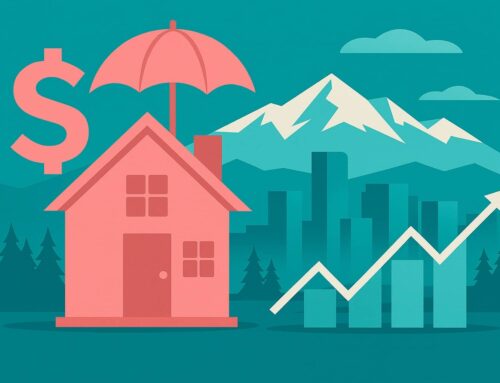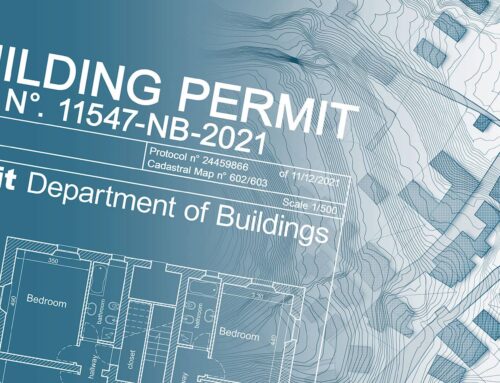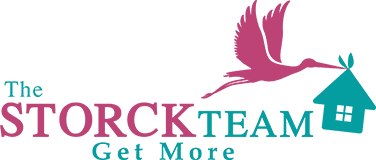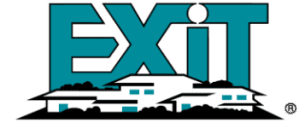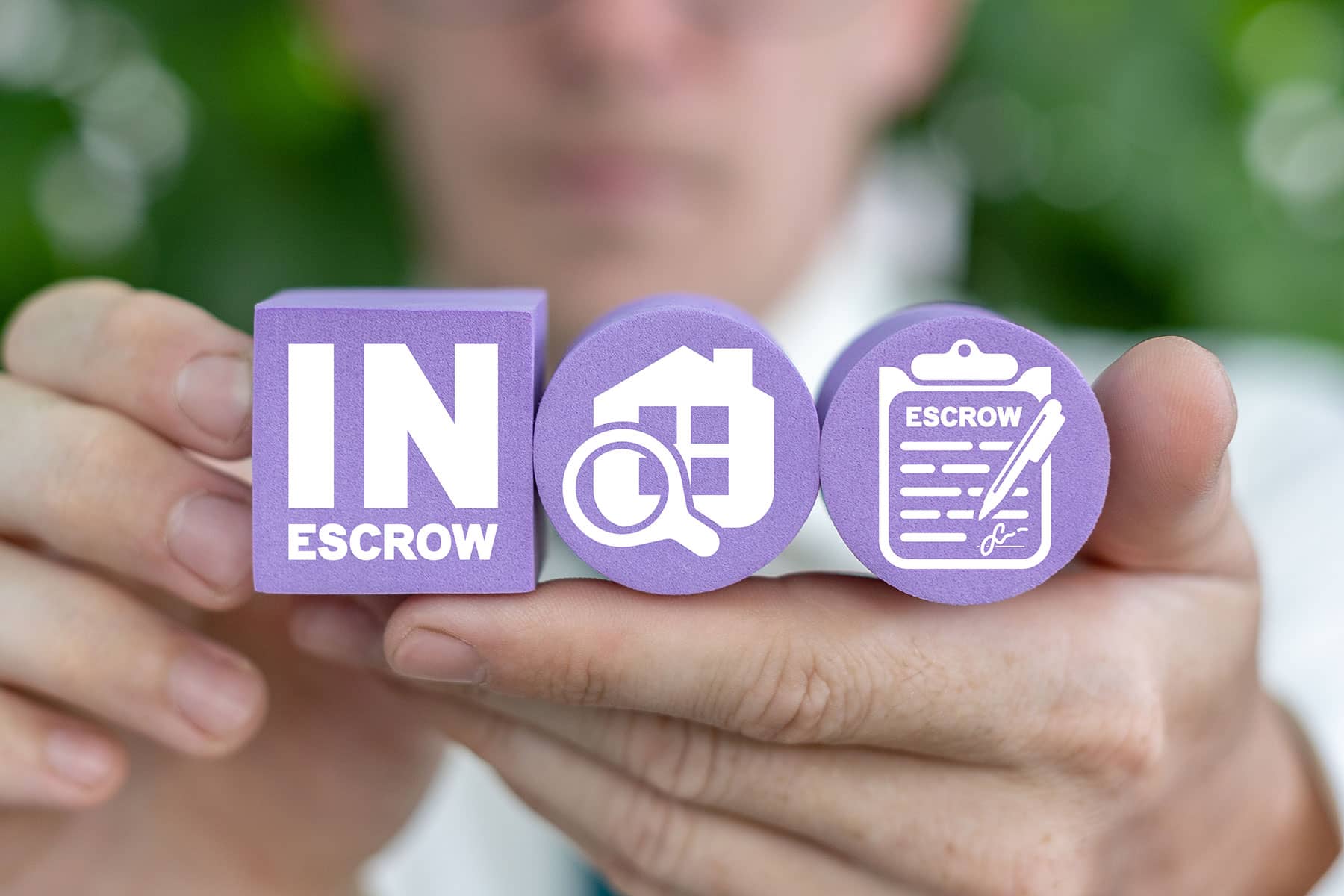
How Escrow Works on a Mortgage
Are you a homeowner or potential homebuyer wondering about mortgage escrow? Understanding the intricacies of how it works can help you make informed decisions about your financial future. In this article, we’ll look at what an escrow account is, its purpose, calculations, payment options, and more. We’ll also discuss the benefits and potential downsides of an escrow account and if you can avoid having one.
Key Takeaways
- An escrow account is a special account used to hold funds to purchase a home.
- Escrow on a mortgage is when funds are deposited into an account held by a neutral 3rd party for safekeeping until certain conditions are met before being released to either party.
- The purpose of an escrow account is to ensure the timely payment of expenses related to your mortgage, such as home insurance, property taxes, and private mortgage insurance.
- An escrow account offers benefits such as accurate budgeting, convenience, and peace of mind.
What Is an Escrow Account?
An escrow account is a special account used to hold funds for the purchase of a home. It’s an intermediary service that helps facilitate a smooth transaction between both parties involved in the sale. The buyer and seller agree to use an escrow agent who will manage the funds, documents, and other details associated with the transfer of ownership. What is escrow on a mortgage? It’s when funds are deposited into an account held by a neutral 3rd party for safekeeping until certain conditions are met before being released to either party. How does escrow work? The lender sets up an escrow account for each borrower at closing so regular payments for taxes and insurance premiums can be made throughout the year. The final bill is paid out of the escrow balance upon receipt from tax authorities or insurance companies.
What Is the Purpose of an Escrow Account?
The purpose of an escrow account is to ensure the timely payment of expenses related to your mortgage. An escrow account will ensure these costs are paid on time, from home insurance and property taxes to private mortgage insurance. An escrow shortage occurs when there are not enough funds in the account for all disbursements, and you’ll be responsible for covering the difference. Escrow also pays property taxes, so you don’t have to worry about them yourself. Finally, when it’s time for payments or disbursement, your lender will automatically withdraw money from the escrow account.
What is an escrow shortage?
When an escrow shortage occurs, it means there needs to be more money in the escrow account to cover the bills. You, as a homeowner, will receive a notice informing you of the situation and that you need to pay a lump sum amount or multiple payments in order to make up for the shortage. A few common causes of an escrow shortage include:
- Property taxes and/or insurance premiums increasing more than expected
- Payments not being made on time
- Escrow funds being used for other purposes without permission
An escrow shortage does not mean you owe any additional money beyond what was agreed upon when signing your mortgage agreement. The lender simply wants to make sure that all expenses related to your home are covered each year so they can guarantee payment. If you take care of the problem quickly, your lender may avoid paying off any overdue costs from their own reserve fund, which could result in higher interest rates or other penalties.
Does escrow pay property taxes?
Yes, escrow does pay property taxes. Escrow is a financial arrangement between a homebuyer and seller that allows an intermediary to hold the buyer’s funds until all obligations are met. This includes paying property taxes, which are typically due annually.
How Is an Escrow Payment Calculated?
To understand how an escrow payment is calculated, it’s important to know the total amount of money needed for your mortgage. This includes the principal balance, any taxes or insurance related to the property, and any other fees or charges that must be paid out. Your lender will use this information to calculate your monthly escrow payments. Generally, these payments are split into 12 equal installments over a year. Depending on when you close on your mortgage loan, you may need to make an additional one-time payment at closing to cover the first few months of escrow disbursements. When making each payment, the lender will deposit funds into an account set aside specifically for managing and paying all of your escrow expenses as they come due.
How Can You Pay Down Your Mortgage Faster?
If you’re looking to pay down your mortgage faster, one of the best ways to do so is by making larger payments. You can also make extra payments and try to pay off your loan early. Several strategies can help you get ahead:
- Prepayments: Make additional lump sum payments when you have the money available.
- Increasing Payments: Increase your regular payment amount every month or year to chip away at the principal balance more quickly.
- Shorter Terms: Consider refinancing into a shorter loan term if rates are favorable and it fits within your budget. Doing this while making the same payment will reduce interest costs and help you pay down your mortgage faster!
What Are the Benefits of an Escrow Account?
Having an escrow account can offer many benefits to homeowners, such as providing a secure way to pay taxes and insurance premiums. Here are three key advantages of having an escrow account:
- Accurate budgeting: An escrow account ensures that you’re setting aside the exact amount necessary for property taxes and insurance payments each month. This helps keep your budget on track and allows you to make informed decisions about future expenses.
- Convenience: All aspects of paying taxes and insurance can be managed through one account, which is much more convenient than managing multiple accounts with different institutions.
- Peace of mind: Knowing that these important payments are taken care of in advance can give homeowners peace of mind, knowing that their mortgage payments are never late or incomplete.
What Are the Potential Downsides of an Escrow Account?
You may have some drawbacks to consider when setting up an escrow account, such as the potential for delays and fees. An escrow account can be a great tool to help manage mortgage payments, but there are potential downsides to be aware of. Property tax increases can cause delays in closing, and unexpected repairs might require additional funds that could take time to accumulate. Inaccurate estimates could mean overpaying or underpaying your loan balance, resulting in more fees. Additionally, canceling an escrow account isn’t always easy and can come with its own set of costs.
Can You Avoid Having an Escrow Account?
Yes, you can avoid having an escrow account when taking out a mortgage. However, it’s important to understand the potential downsides this could bring. To make sure you’re making the right choice for your situation, consider these points:
- You’ll be responsible for making timely payments on your taxes and insurance yourself;
- Your lender might require additional fees, such as a larger down payment;
- The interest rate on your loan may be higher than if you had an escrow account.


